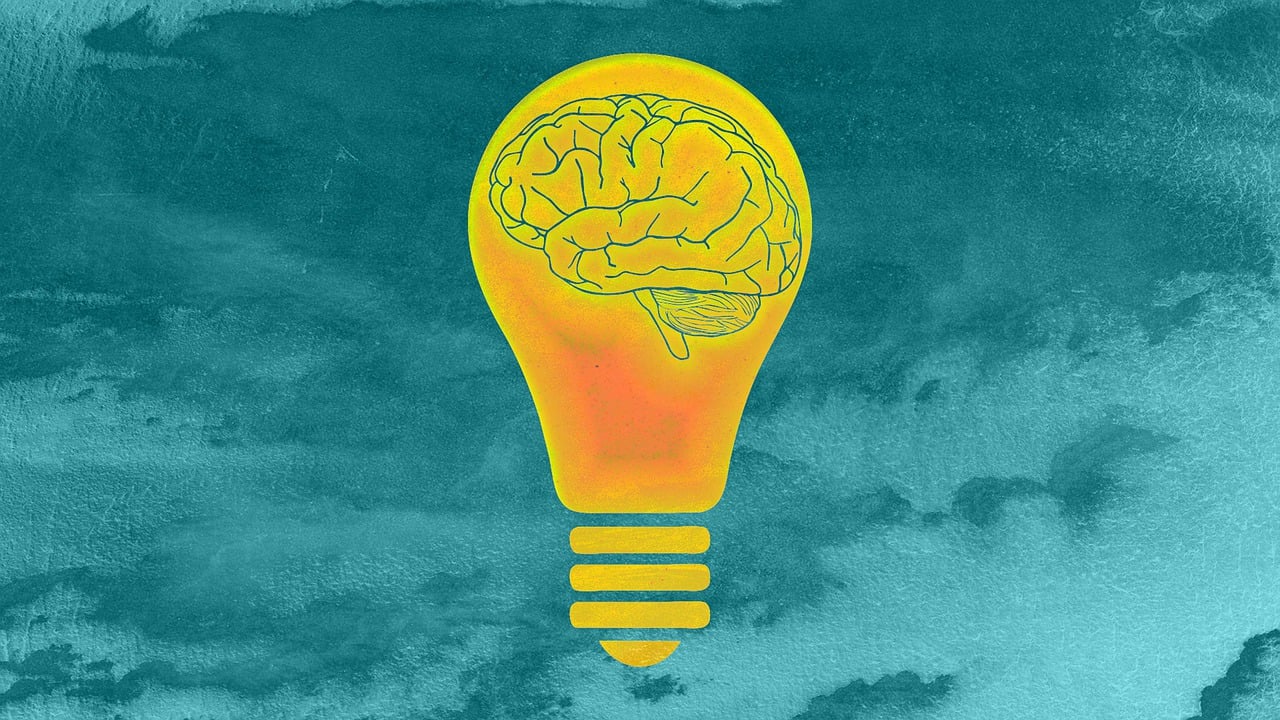In recent years, mental health awareness has gained momentum, but certain communities still face distinct challenges that warrant focused attention. Among these communities are LGBTQ+ individuals, who experience unique mental health challenges due to a complex interplay of societal, cultural, and personal factors. This article delves into the unique challenges faced by LGBTQ+ individuals and highlights essential support mechanisms to promote better mental health within this community.
The Unique Mental Health Challenges of LGBTQ+ Individuals
- Discrimination and Stigma
One of the most significant challenges facing LGBTQ+ individuals is discrimination and stigma. This can manifest in various forms, from microaggressions and social exclusion to systemic inequalities. The pervasive nature of stigma can lead to internalized homophobia or transphobia, where individuals internalize negative societal views about their identities. Such experiences can severely impact self-esteem and mental well-being.
- Family and Social Rejection
Family acceptance plays a crucial role in the mental health of LGBTQ+ individuals. Unfortunately, many LGBTQ+ people face rejection from their families or communities. This lack of support can lead to feelings of isolation, depression, and anxiety. The absence of a supportive network exacerbates these mental health challenges, making it harder for individuals to seek help and build resilience.
- Identity and Self-Acceptance
The journey towards self-acceptance can be particularly arduous for LGBTQ+ individuals. Navigating one’s identity in a world that may not fully understand or accept it can lead to significant emotional distress. The process of coming out, while often liberating, can also be fraught with anxiety about how others will respond and the potential for negative outcomes.
- Violence and Victimization
LGBTQ+ individuals are at a higher risk of experiencing violence, including hate crimes and intimate partner violence. This exposure to violence can result in trauma, which contributes to mental health issues such as PTSD, anxiety, and depression. The fear of being targeted can also lead to heightened stress and a pervasive sense of vulnerability.
- Access to Affirming Healthcare
Access to healthcare that is both affirming and knowledgeable about LGBTQ+ needs is another significant challenge. Many LGBTQ+ individuals encounter healthcare providers who lack understanding or exhibit bias, which can discourage them from seeking necessary care. This can result in unmet health needs and additional stress related to managing health concerns.
Essential Support for LGBTQ+ Mental Health
- Creating Safe Spaces
Safe spaces are critical for LGBTQ+ individuals to express themselves without fear of judgment or discrimination. Schools, workplaces, and community organizations should strive to create environments where LGBTQ+ individuals feel welcomed and supported. Policies that promote inclusivity and respect can help mitigate some of the stressors associated with discrimination.
- Providing Mental Health Resources
Access to mental health resources that are specifically tailored to LGBTQ+ needs is essential. Support groups, counseling services, and mental health professionals who are trained in LGBTQ+ issues can offer crucial support. These resources help individuals navigate their experiences and provide a space to discuss their challenges openly.
- Promoting Family Acceptance
Programs and resources that educate families about LGBTQ+ issues can be instrumental in fostering acceptance and support. Family therapy and counseling can also help family members understand and embrace their loved one’s identity, which is critical for the individual’s mental health and well-being.
- Advocacy and Policy Change
Advocacy for policy changes that protect LGBTQ+ rights and promote equality is vital. Legal protections against discrimination, supportive health policies, and social acceptance initiatives can significantly impact the mental health of LGBTQ+ individuals. Supporting and participating in advocacy efforts can help drive systemic changes that improve overall well-being.
- Fostering Community Connections
Building connections within the LGBTQ+ community can provide a sense of belonging and support. Community organizations and events offer opportunities for social interaction and mutual support. These connections can be a source of strength and resilience, helping individuals cope with the challenges they face.
- Education and Awareness
Increasing awareness about the mental health needs of LGBTQ+ individuals is crucial for fostering understanding and empathy. Educating the broader public about the unique challenges faced by LGBTQ+ people can help reduce stigma and promote a more supportive environment.
Conclusion
Understanding the mental health needs of LGBTQ+ individuals requires recognizing the unique challenges they face and providing targeted support. By addressing issues such as discrimination, family rejection, and access to affirming healthcare, we can improve the mental well-being of LGBTQ+ individuals. Creating safe spaces, promoting acceptance, and advocating for systemic change are essential steps toward fostering a more inclusive and supportive society. Through collective efforts and continued awareness, we can work towards a world where LGBTQ+ individuals are valued, supported, and able to thrive.
In sum, addressing LGBTQ and mental health involves a commitment to understanding, support, and advocacy. By focusing on these areas, we can make significant strides in improving the mental health and overall quality of life for LGBTQ+ individuals.






